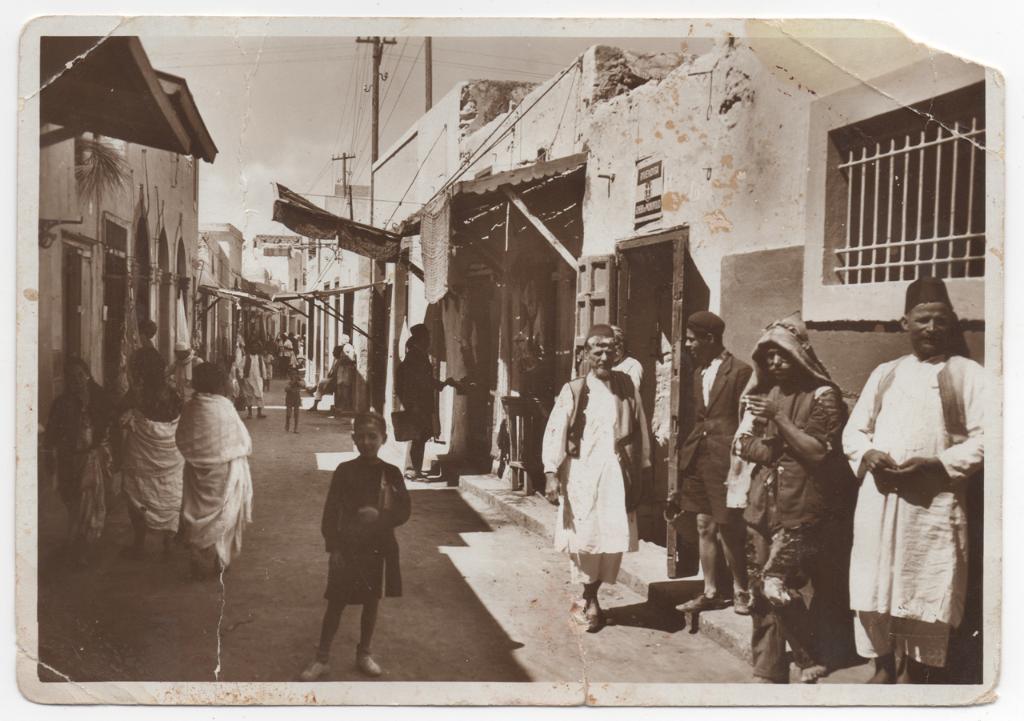
While smaller than other North African Jewish communities, the population that traces their origins to Libya is just as old, dating back over 2,000 years. The Jews of Libya traditionally spoke many languages, such as Ladino and Judeo-Arabic, but also spoke Italian because of Italian control of Libya from 1911 until 1947.
While Libya followed the path of many other North African countries in its earlier history, where Jews were treated as second-class citizens, Jews were more isolated than other communities during the Ottoman period. Libyan Jewish culture was also significantly impacted by the influx of Spanish Jews that arrived in the area after the expulsion from Spain.
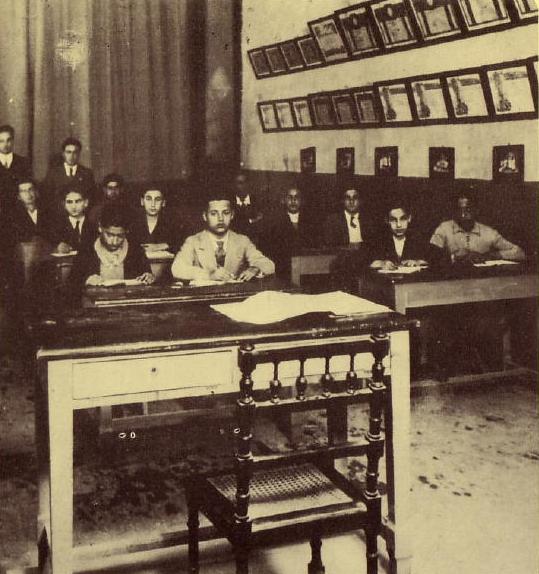
Eventually, Libya came under Italian rule in the early 1900s. In the beginning, the Jews were treated fairly well by the colonial authorities, and most lived in Tripoli among Arabs and Europeans, with a smaller population in Benghazi. However, during World War II, conditions for Libyan Jews worsened significantly. Italy adopted “Race Protection Laws” that curtailed the rights of Jews in Italy and Libya. Jews were limited from many professions and could not send their children to Italian public schools, among other restrictions.
Libya was also at the epicenter of intense fighting between the British and Italians and their Nazi allies. The front in Libya changed hands five times between the warring countries, which significantly battered the local population, including the Jews. The British did not apply any of the racial protection laws on the Jews, so they generally supported the British, so whenever the Italians would reconquer Libyan territory, they would punish Jews for “collaborating” with the enemy. Many Jews were killed or deported during this time period.
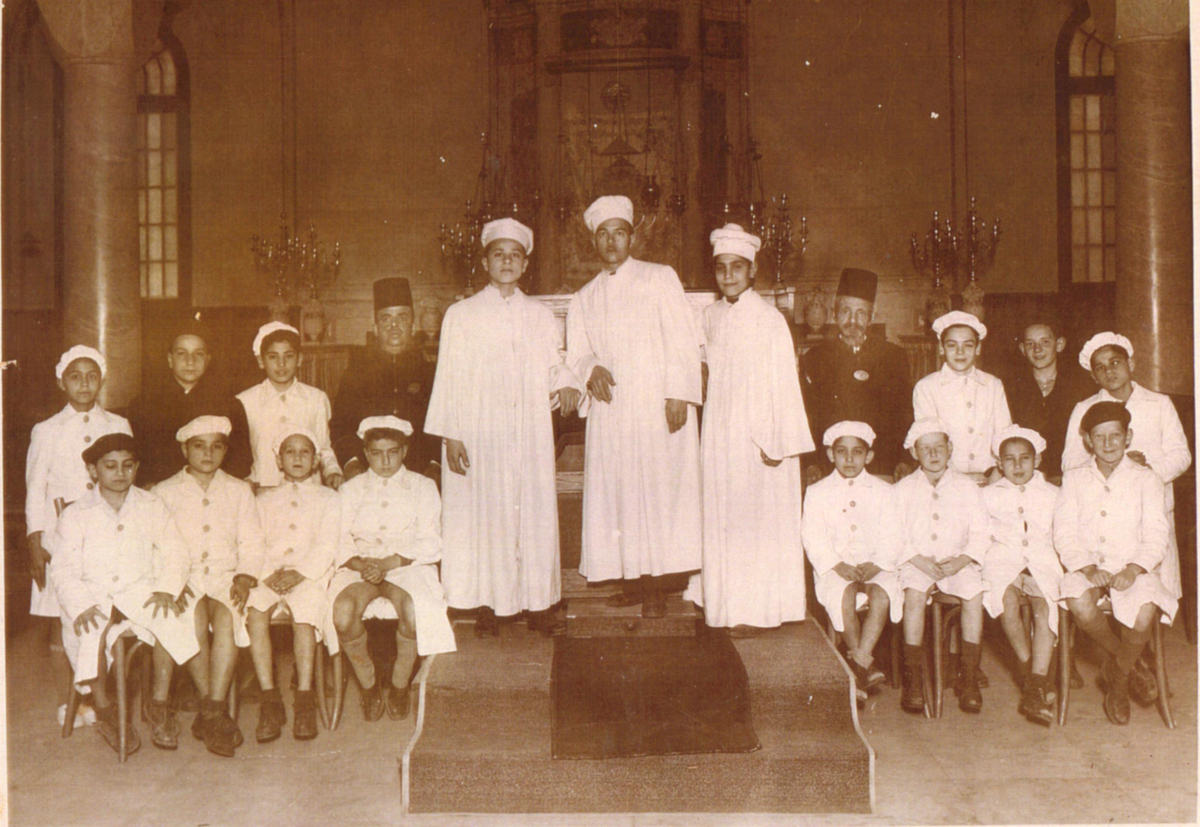
On Sept. 13, 2021, Israeli Prime Minister Naftali Bennett met with Egyptian President Abdel Fattah
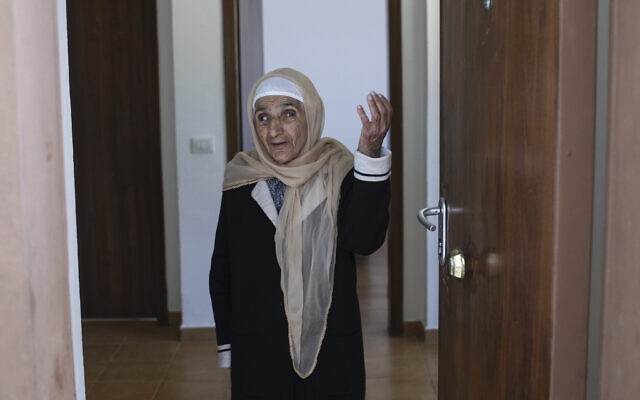
AP — For years, Zebulon Simentov branded himself as the “last Jew of Afghanistan,” the
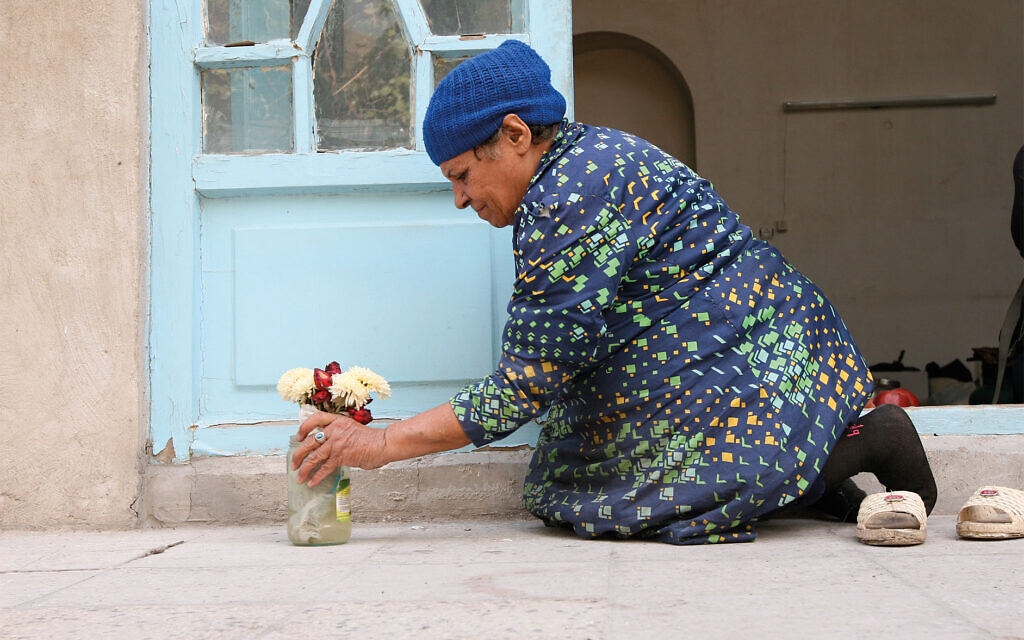
JTA — Jewish prayer in a mosque. Hookah smoke in a kosher kitchen. Hebrew school
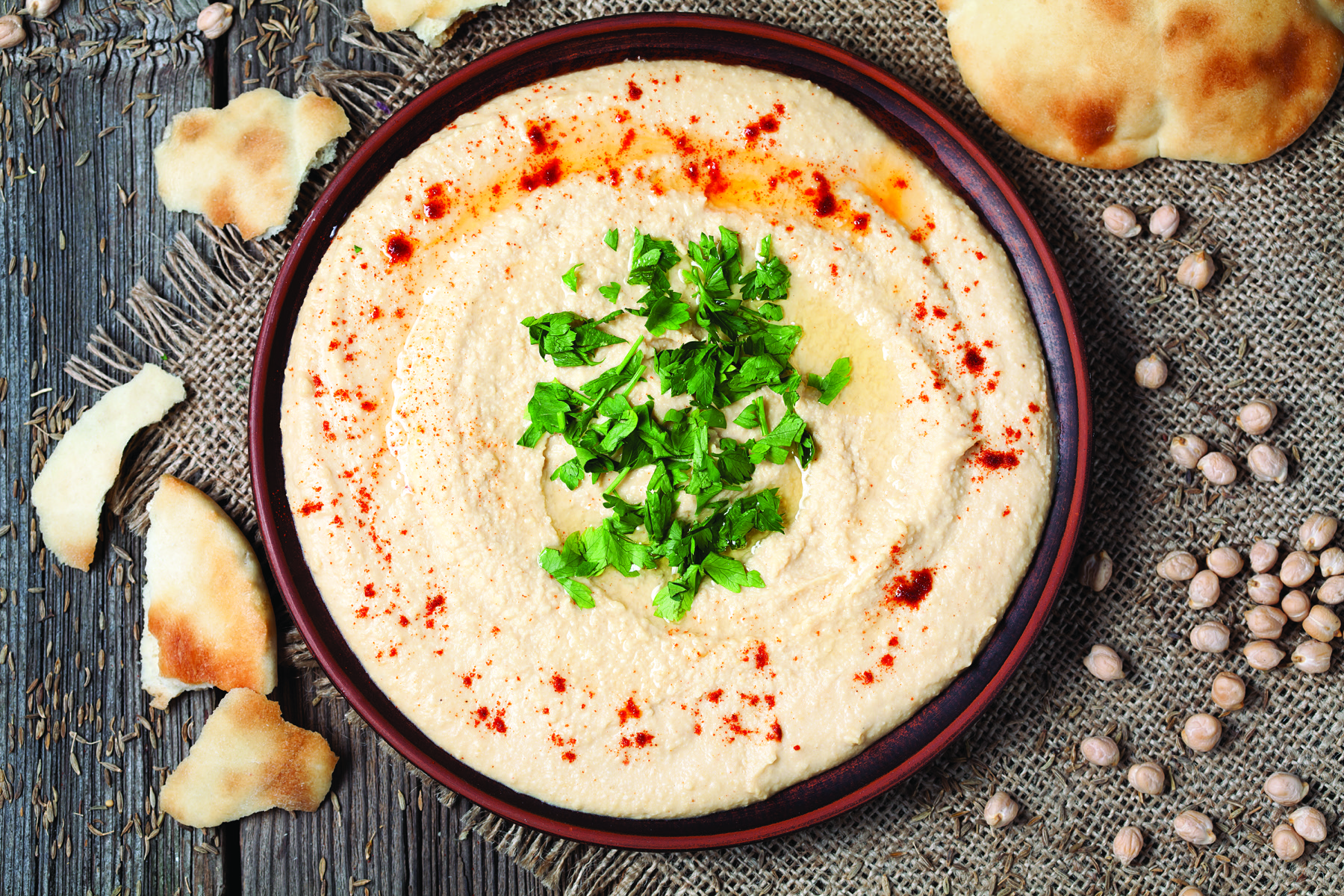
Every Friday, my mother and her 11 brothers and sisters have lunch at my grandmother
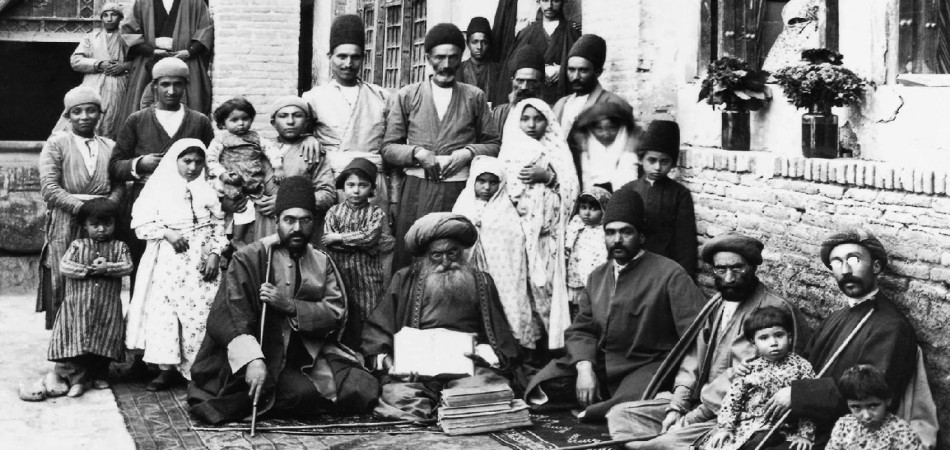
When I think about Israeli culture, I think of startups, I think of gorgeous museums
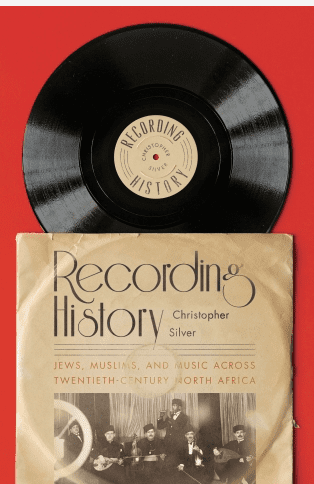
Music remembers much of what history has forgotten, says Canadian assistant Professor of Jewish